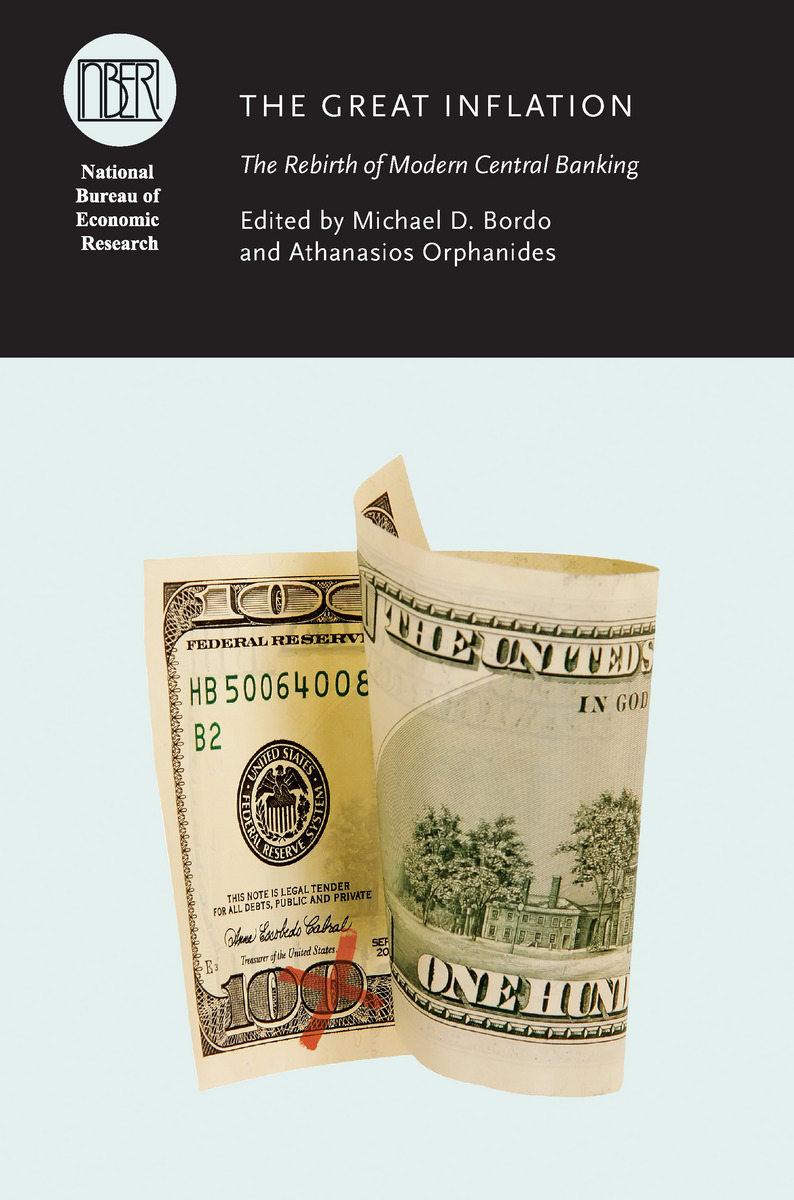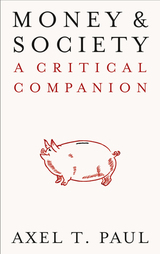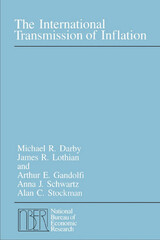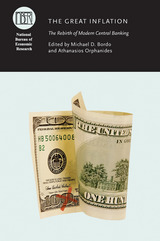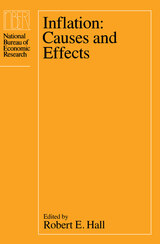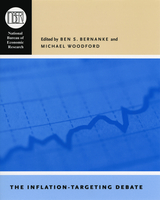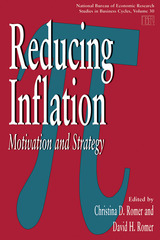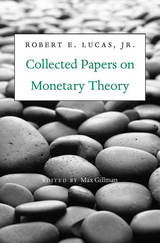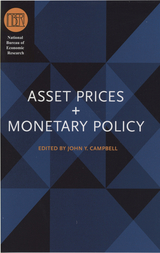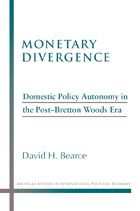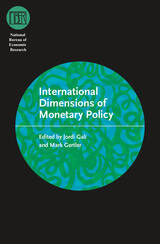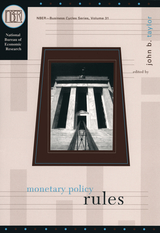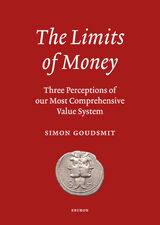The Great Inflation: The Rebirth of Modern Central Banking
University of Chicago Press, 2013
eISBN: 978-0-226-04355-5 | Cloth: 978-0-226-06695-0
Library of Congress Classification HG229.G6756 2013
Dewey Decimal Classification 332.4109045
eISBN: 978-0-226-04355-5 | Cloth: 978-0-226-06695-0
Library of Congress Classification HG229.G6756 2013
Dewey Decimal Classification 332.4109045
ABOUT THIS BOOK | AUTHOR BIOGRAPHY | REVIEWS | TOC | REQUEST ACCESSIBLE FILE
ABOUT THIS BOOK
Controlling inflation is among the most important objectives of economic policy. By maintaining price stability, policy makers are able to reduce uncertainty, improve price-monitoring mechanisms, and facilitate more efficient planning and allocation of resources, thereby raising productivity.
This volume focuses on understanding the causes of the Great Inflation of the 1970s and ’80s, which saw rising inflation in many nations, and which propelled interest rates across the developing world into the double digits. In the decades since, the immediate cause of the period’s rise in inflation has been the subject of considerable debate. Among the areas of contention are the role of monetary policy in driving inflation and the implications this had both for policy design and for evaluating the performance of those who set the policy. Here, contributors map monetary policy from the 1960s to the present, shedding light on the ways in which the lessons of the Great Inflation were absorbed and applied to today’s global and increasingly complex economic environment.
See other books on: Bordo, Michael D. | Economic history | Inflation (Finance) | Macroeconomics | Rebirth
See other titles from University of Chicago Press
